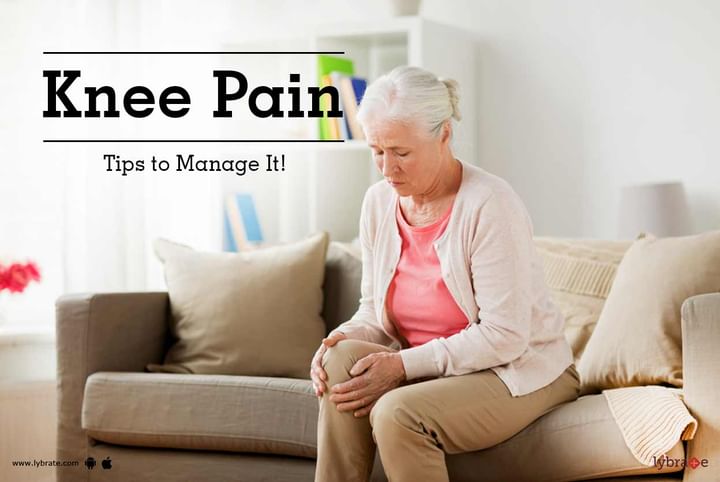Knee Pain: Tips to Manage It!
The knee is the largest joint of the body and is made up of upper and lower bones that are separated by two discs known as menisci. While minor knee pain may be experienced by many people, it should be handled with medical intervention when it becomes a serious and debilitating problem. Sudden injury or injury due to overuse as well as myriad conditions that affect the joints and muscles can bring about knee pain. Underlying conditions like osteoporosis or arthritis, which affect the bones and joints, can also cause knee pain. The symptoms include painful swelling and stiffness as well as severe discomfort. Let us learn more about the causes of knee pain and the ways in which it can be managed-
Injury: Exercise and sports injuries are one of the most common causes that can be the start of acute knee pain, as well as chronic condition. These kinds of injuries can affect the ligaments and cartilage which leads to severe pain. The pain can even affect the way one functions in one's daily life. Knee ligament injuries can also cause this kind of pain. These ligaments are bands of tissues that connect the thigh bone with the lower leg bones. Sprains and tears in the ACL or PCL are common in sports injuries, and may even require surgery in many cases. Knee Cartilage Tears can also take place in the hard yet flexible cartilage of the knee which can affect the meniscus around the knee. This condition may also require surgery.
Arthritis: This condition can affect the knees specifically and is one of the most common types of arthritis. This is a chronic condition which gets progressively worse over time and may even require surgery. Stiffness and inflammation are common symptoms. Rheumatoid arthritis is also a degenerative auto-immune disease that can affect the knees and cause knee pain. Furthermore, post traumatic arthritis can also be experienced after an injury. Osteoarthritis is another common condition that leads to knee pain. It basically occurs due to wear and tear of the knees over a prolonged period and is usually experienced by patients over the age of 50.
Managing Knee Pain: While pain medication and anti-inflammatory drugs may be prescribed for most cases, along with the surgery in long run, it is also possible to manage knee pain with the help of better lifestyle choices like regular knee and muscle strengthening exercises as well as REST - rest, ice, compression and elevation. These methods can help in relieving inflammation and pain. But very severe cases will require medical intervention, so it is imperative to get in touch with your doctor if the condition does not improve. If you wish to discuss about any specific problem, you can consult an Orthopedist.



+1.svg)
